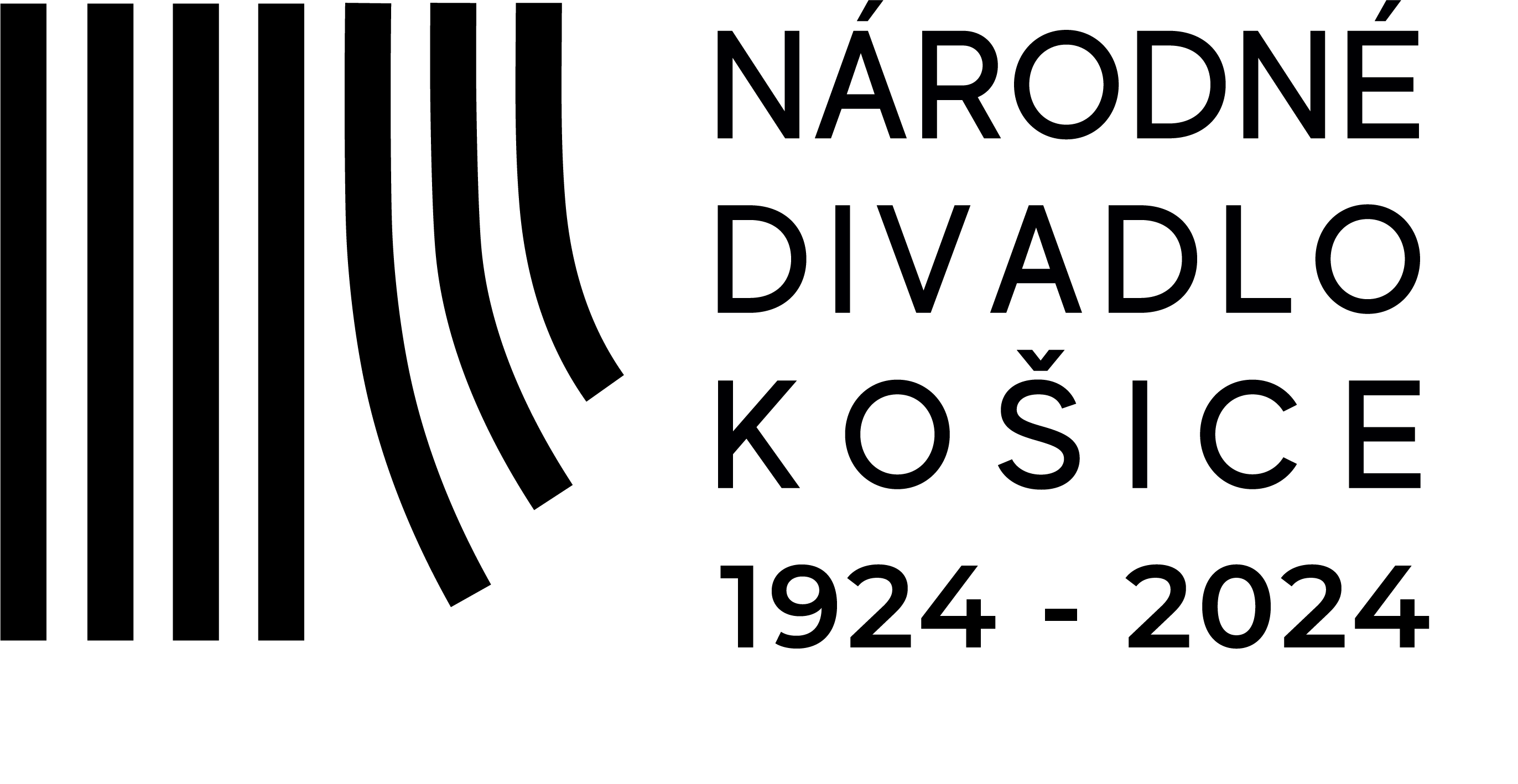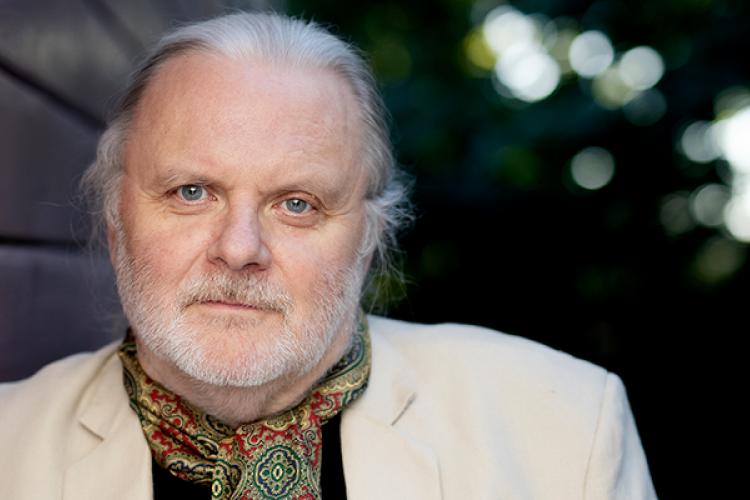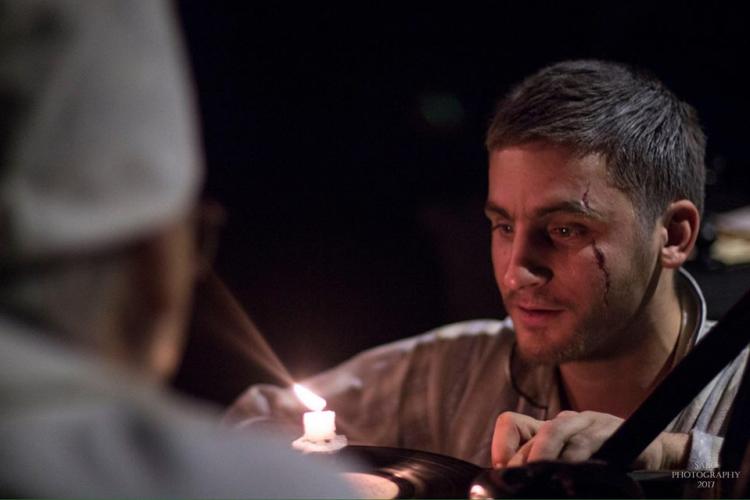The time is now. On Friday May 14th at 6.00 p.m. the State Theatre Košice is about to reopen for its audience, almost to the day after a five-months lockdown. The theatre is about to premiere a dramatized novel Beware of Pity by Austrian writer Stefan Zweig. The drama was adapted and staged for ŠDKE by director Júlia Rázusová. vá.
The work of Austrian writer Stefan Zweig is associated with the first half of the 20th century, and it was strongly influenced by psychoanalysis. His Beware of Pity depicts an intimate story between an invalid Edith and her potential suitor Officer Toni Hofmiller. The story set in early World War I. Edith wishes to believe that love restores her to health. Confused Toni longs for better social status. Jewish family believes in the world of yesterday, but the new era is coming. We witness the spirit of the falling monarchy, values, and relationships. One innocent invitation to dance causes social embarrassment as well as great disruption in lives of all characters.
Director Júlia Rázusová says that Beware of Pity reflects compassion. “In the story of a crippled girl, who unhappily falls in love with cavalry officer, Zweig unveils powerful ideas on pity. Zweig psychologically analyses pity as a kind of emotion or motivation which makes people do things. Managing emotions is a big topic. Zweig distinguishes creative pity and destructive pity. Any of us know this phenomenon. We do things by compassion or simply because we want it. The borderline of our will, our decision-making is affected by the fact whether we do things because of the others, or we are afraid of the reaction of the others. Or we fail to do something exactly for we think we are not strong enough to do that,” says Rázusová. Zweig himself says on pity in his novel: “There is double pity. One is weak and sentimental; it is in fact only impatience of heart to get rid of embarrassing emotional moving over someone else’s unhappiness (...), pity, which is not sympathy at all. It is only an instinctive defence of own soul against own sufferance. The second pity, the only meaningful one, is not sentimental rather creative. Such pity knows what it wants. It is dedicated withstand patiently and sympathetically, anything until the last force, even beyond.”
Dramaturgist Miriam Kičiňová participated in the preparation of the drama. The director also invited stage designer Diana Strauszová and costume designer Laura Štorcelová to be part of the production team. Music was composed by Jonatán Pastirčák, light design was done by Ján Ptačin, and choreography, tough part for actors, was prepared by the choreographer and director of the ballet ensemble Andrej Petrovič. Leading characters of Edith and Toni are portrayed by Alena Ďuránová and Tomáš Diro. The role of Kekesfalva is done by guest actor Attila Bocsárszky. Stanislav Pitoňák appears as Doctor Condor, Lívia Michalčík as Ilona, and Martin Stolár as Officer.






